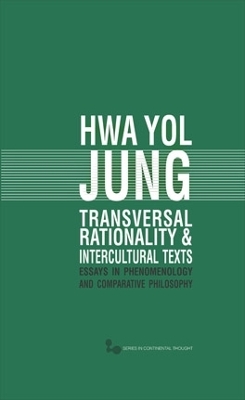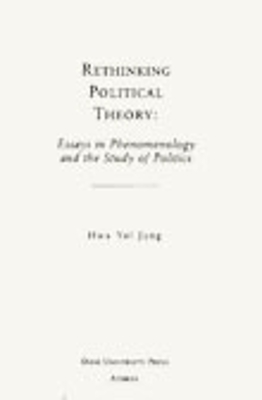Series In Continental Thought
2 total works
Transversality is the keyword that permeates the spirit of these thirteen essays spanning almost half a century, from 1965 to 2009. The essays are exploratory and experimental in nature and are meant to be a transversal linkage between phenomenology and East Asian philosophy.
Transversality is the concept that dispels all ethnocentrisms, including Eurocentrism. In the globalising world of multiculturalism, Eurocentric universalism falls far short of being universal but simply parochial at the expense of the non-Western world. Transversality is intercultural, interspecific, interdisciplinary, and intersensorial. Transversal Rationality and Intercultural Texts means to transform the very way of philosophising itself by infusing or hybridising multiple traditions in the history of the world.
Like no other scholar, Jung bridges the gap between Asian and Western cultures. What is traditionally called "comparative philosophy" is not just a neglected branch of philosophy; it is poised to radically transform the very conception of philosophy itself.
Transversality is the concept that dispels all ethnocentrisms, including Eurocentrism. In the globalising world of multiculturalism, Eurocentric universalism falls far short of being universal but simply parochial at the expense of the non-Western world. Transversality is intercultural, interspecific, interdisciplinary, and intersensorial. Transversal Rationality and Intercultural Texts means to transform the very way of philosophising itself by infusing or hybridising multiple traditions in the history of the world.
Like no other scholar, Jung bridges the gap between Asian and Western cultures. What is traditionally called "comparative philosophy" is not just a neglected branch of philosophy; it is poised to radically transform the very conception of philosophy itself.
Ten essays (previously published in such journals as The Review of Politics and Human Studies ) contemplate the contributions of phenomenology to the philosophy of political science, and offer a critique of the two other major paradigms in political thought: behavioralism and essentialism. Annotatio

